Notpla: The Startup That Let Packaging Disappear
Plastic is everywhere, wrapping our food, carrying our water, and silently polluting our oceans and soil. For many, it feels unavoidable. For Rodrigo Garcia Gonzalez and Pierre Paslier, it felt unacceptable. While studying design and innovation, the two founders asked a simple but radical question: if nature has been packaging food safely for millions of years, why are humans still relying on plastic? That question became the foundation of Notpla, a startup that dared to imagine packaging that disappears like a fruit peel once its job is done.From a Student Idea to a Global MovementNotpla’s story began as a student experiment aimed at solving one of the world’s biggest environmental problems: single-use plastic. The founders challenged themselves to create packaging that was entirely natural and biodegradable. Early trials explored various natural materials, but the real breakthrough came from the sea. Inspired by how seaweed thrives in water without protective shells, they discovered its unique material properties. Using a culinary technique called spherification, they created a seaweed-based membrane capable of holding liquids, giving birth to the now-famous edible water bubble. The internet’s viral reaction to this invention validated what the founders already felt: this was not just an idea, but a movement waiting to grow. After graduating, they committed fully to turning Notpla into a real-world solution.What Makes Seaweed So PowerfulSeaweed is not just sustainable; it is regenerative. It grows rapidly, requires no freshwater, no fertilizers, and no land, and actively absorbs carbon while reducing ocean acidity. In a world struggling with resource depletion, seaweed offers abundance without exploitation. Beneath the ocean’s surface are vast seaweed forests that quietly support marine life while helping stabilise the climate. Beyond its environmental benefits, seaweed has remarkable material qualities. It can form flexible yet strong films, create natural coatings, and safely interact with food. For Notpla, seaweed became the perfect partner, an ally from nature itself to fight the toxic legacy of plastic packaging.Packaging That Leaves No TraceNotpla is best known for its edible water bubble, but the company has grown into a family of regenerative packaging solutions made from seaweed and plants. One of its standout innovations is its food container coating. Unlike conventional containers that rely on petroleum-based plastic linings, Notpla’s containers use a 100% natural seaweed coating. Once used, the entire package can be composted at home, disappearing naturally without harming the environment. This approach reflects a deeper philosophy: packaging should be temporary, not permanent. Just like an orange peel, it should protect what’s inside and then return safely to nature.A Company Built on Collaboration and PurposeBehind Notpla’s products is a deeply mission-driven company. Its core team brings together experts in material science, engineering, biology, bio-design, and business. But Notpla does not work in isolation. It is supported by impact-driven investors, sustainability-focused policymakers, climate initiatives, and a growing global community of consumers who care about the planet. This ecosystem of collaboration allows Notpla to innovate across the entire manufacturing chain. The company develops not only materials but also proprietary machinery, manufacturing techniques, and new product formats tailored to replace plastic across industries from food and fashion to electronics and cosmetics.Recognition That Changed EverythingIn 2019, the brand name Notpla short for “not plastic” was officially launched, along with a clear mission: to make packaging disappear. Global recognition soon followed. In 2022, Notpla won the prestigious Earthshot Prize in the category “Build a Waste-Free World,” receiving £1 million to accelerate its impact. In 2023, it was named the Grand Prize winner of the Tom Ford Plastic Innovation Prize, further cementing its position as a leader in sustainable packaging. Winning the Earthshot Prize was transformative. It opened doors to partnerships with major industry players, expanded production capacity, and enabled the company to invest in new machinery. One such innovation was injection moulding technology, even tested by Prince William during his visit in 2023, a powerful symbol of how far a student idea had come.Plastic Pollution: A Shared Global BurdenNotpla’s mission is rooted in empathy for the unequal impact of plastic pollution. While plastic waste is a global issue, its consequences are not evenly distributed. Developing countries often suffer the most due to limited waste infrastructure and fewer affordable alternatives. Coastal regions and island nations face severe damage to ecosystems, tourism, and fishing livelihoods as plastic washes ashore. Even the most remote regions are not spared. Microplastics have been found in the Arctic and Antarctic, revealing how deeply plastic has infiltrated the planet. For Notpla, this reality reinforces the belief that there is no single solution. Change must happen through better materials, improved waste systems, stronger policies, and collective responsibility.Why Notpla Is Truly UniqueWhat makes Notpla unique is that it doesn’t just replace plastic; it removes the idea of waste altogether. Unlike bioplastics, which often need industrial composting, Notpla’s seaweed-based packaging is home-compostable and naturally biodegradable, breaking down like a fruit peel. An unknown fact is that seaweed used by Notpla grows without freshwater, land, or fertilizers, and actually absorbs carbon while reducing ocean acidity, making it climate-positive. Notpla also designs its own materials and machines, allowing full control over sustainability. People should use Notpla because it offers convenience without pollution, proving packaging can protect products without harming the planet.

(1).jpeg)
.jpg)
.jpg)
.jpg)
 (1).jpeg)
 (1).jpeg)
.jpeg)
 (1).jpeg)
.jpg)
 (1).jpeg)
.jpeg)
.jpg)

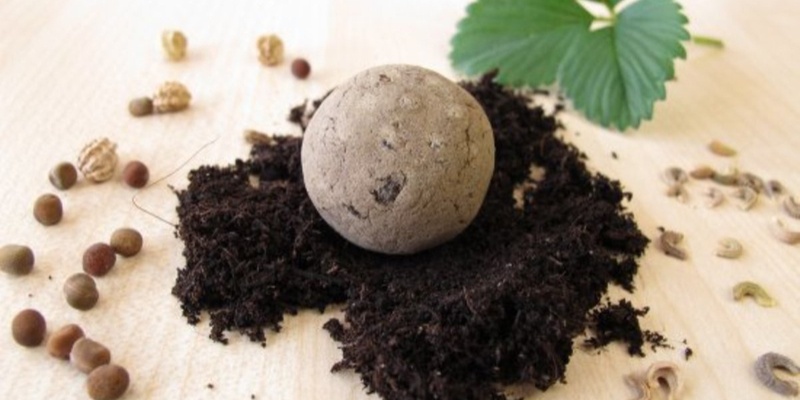

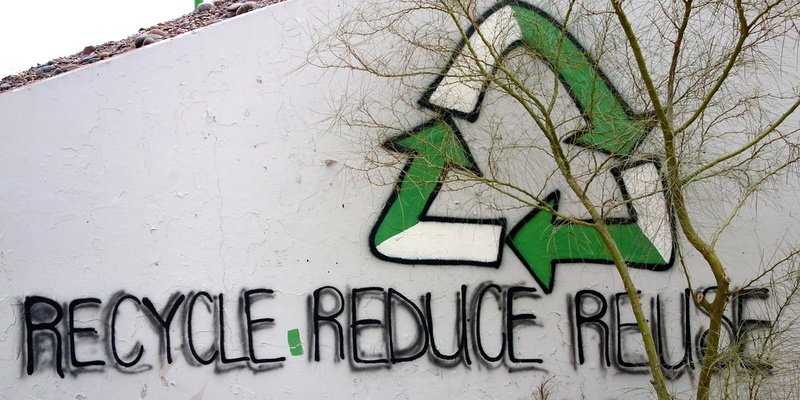
.png)
.jpeg)
 (1).jpeg)

.jpg)
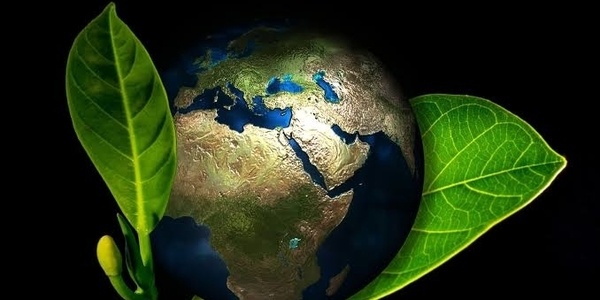



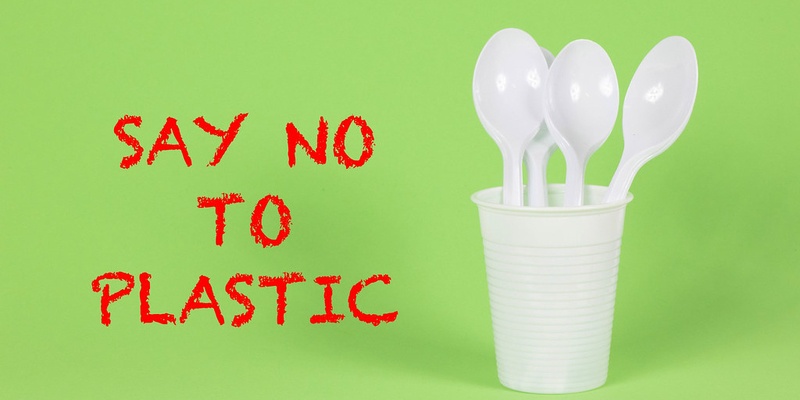

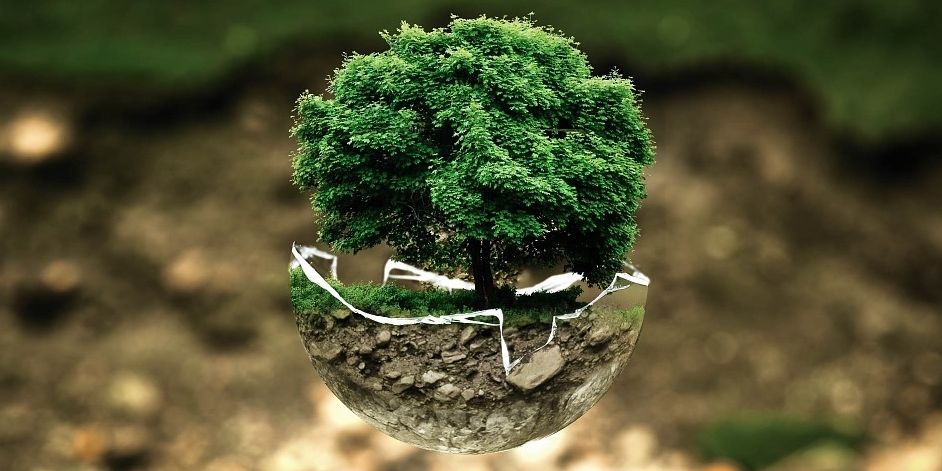
.jpg)
 (1).jpeg)
.jpg)
.jpg)
.jpg)
.jpg)
.jpg)
.jpg)


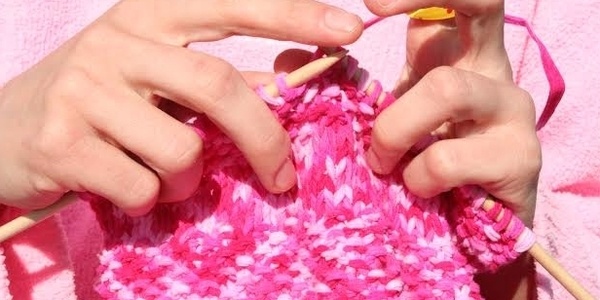

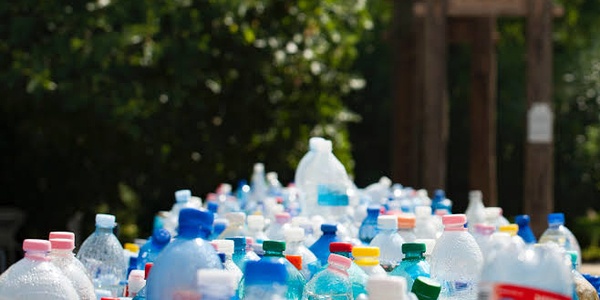

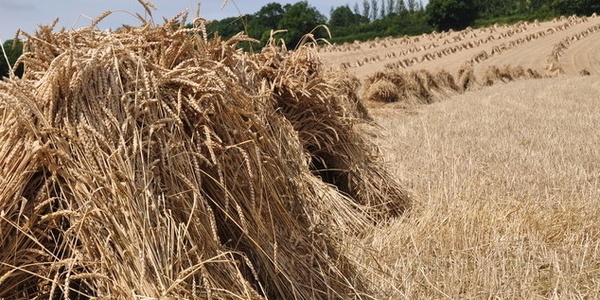
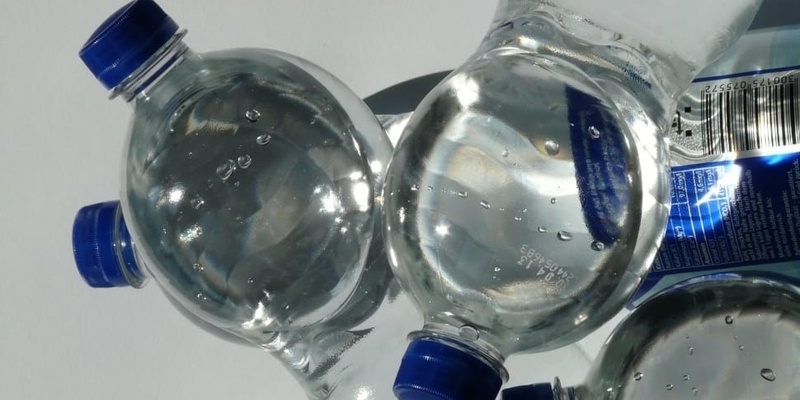
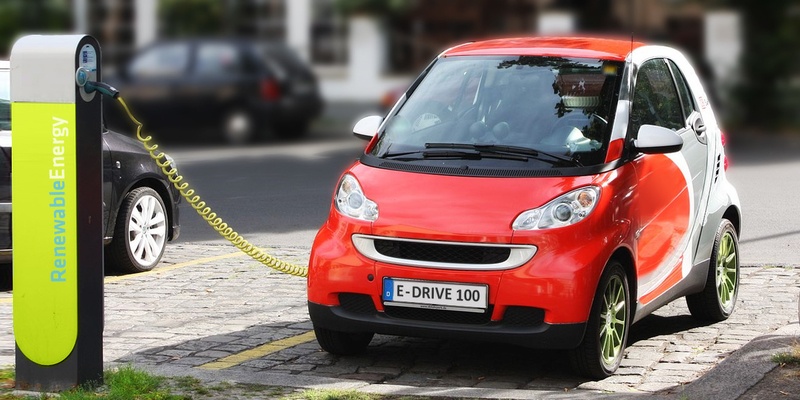

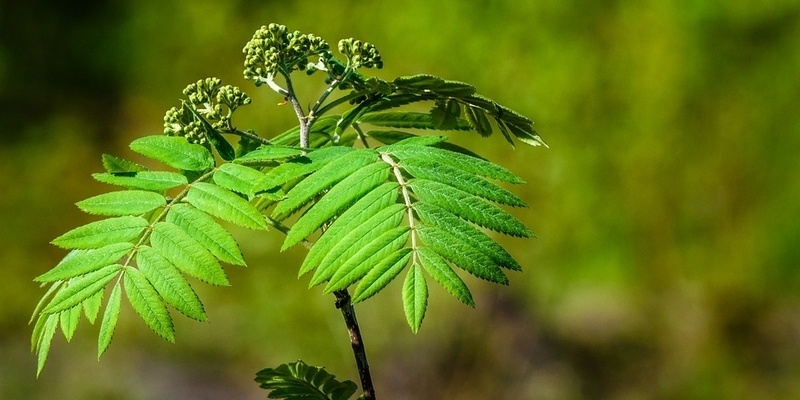




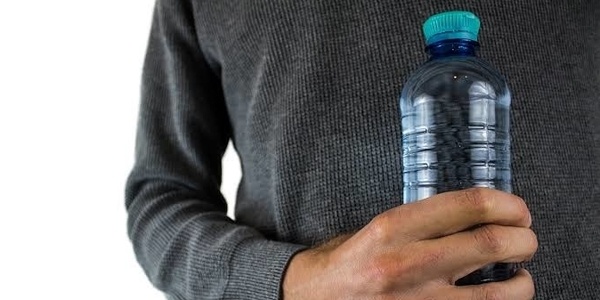
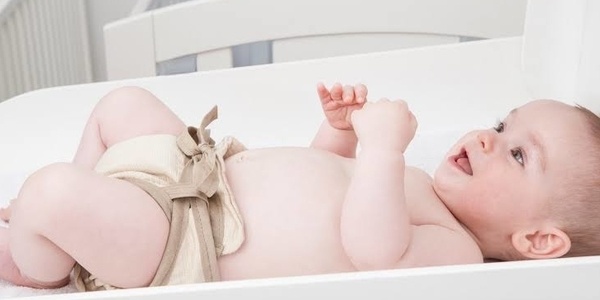
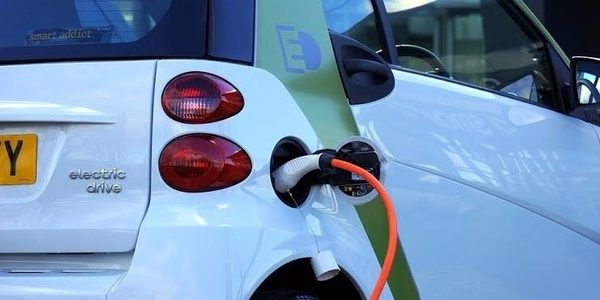
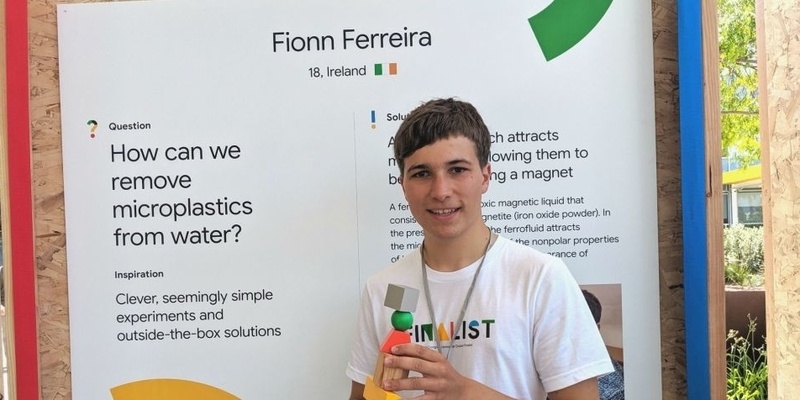
.png)